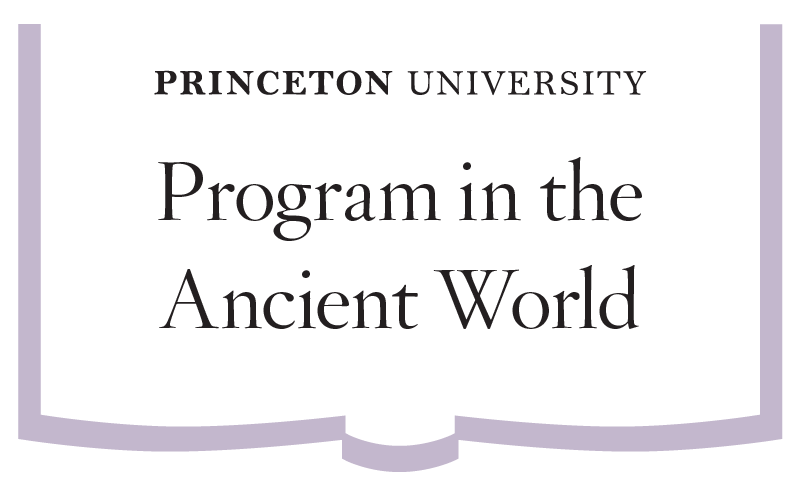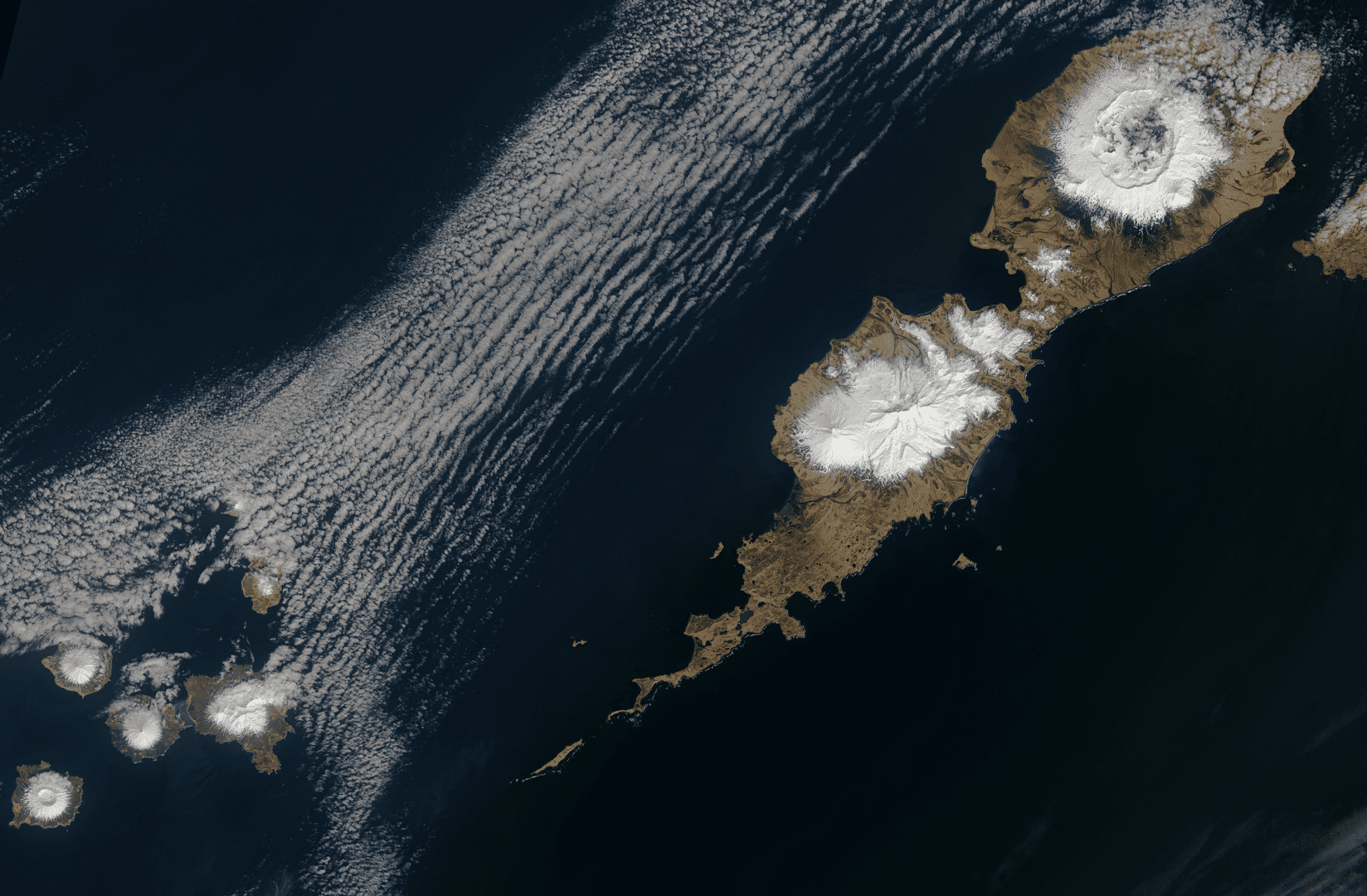By Sarah Norvell, PhD Candidate in the Department of Classics
This fall, students in the Program in the Ancient World attended a public lecture and a series of seminars delivered by the 2020-21 PAW Visiting Fellow Joseph Manning, the William K. and Marilyn Milton Simpson Professor of Classics and Professor of History and Senior Research Scholar in Law at Yale University. Manning visited Princeton University for three virtual days and presented his recent work which lies at the intersection of the fields of papyrology, Hellenistic history, and paleoclimatology. On November 12, Manning presented a thought-provoking and informative public lecture entitled “Alaskan Volcanoes and Mediterranean History” which highlighted exciting new avenues of historical research that can be explored through collaborative projects between historians, vulcanologists, and climate scientists (see Figure 1).
Manning examined the links between the eruption of the Alaskan volcano Okmok in 43 BCE (as reconstructed from geochemical Arctic ice core analysis and tree ring chronologies), disruptions to annual Nile River flooding patterns in the 40s BCE, and patterns of social unrest noted in documents from late Ptolemaic Egypt, presenting evidence that the Okmok eruption caused significant climatic changes in the Mediterranean. These included atmospheric cooling, unusually wet conditions, and disruptions to the annual flooding cycles of the Nile, in the years immediately following the eruption. Manning posited that the effects of these climatic changes, recorded in documentary papyri as reported flood failures, crop failures, and famines, may have precipitated some of the social unrest of the late 40s BCE that eventually led to the end of the Ptolemaic Empire and the establishment of Roman rule in Egypt.
The following day, Manning presented the faculty and graduate student seminar “Reading (lots of) papyri, writing (new) ancient history,” in which he expanded upon the papyrological component of his project. Manning and his research associates have been compiling a database of Egyptian papyri related to the annual flooding of the Nile which in turn prompted a discussion about the challenges of applying quantitative and statistical analysis to qualitative historical documents. Manning reflected on some of these challenges—from the practical to the methodological!—and rewards of working on such a large-scale, interdisciplinary research project, and the opportunities that these projects may hold for the future practice of ancient history.
On the final day, Manning held an informal conversation with PAW graduate students with whom he shared his own experiences as a graduate student in Egyptology at the University of Chicago and as a junior faculty member at Princeton and Stanford. Students also had the opportunity to solicit advice about pursuing an academic career in ancient history. In addition to encouraging students to develop a daily writing practice, Manning emphasized the importance of staying open minded, curious, and optimistic: “Follow your interests. Seek out opportunities. Make connections with people. Don’t be constrained by a traditional path – a lot of people’s entire careers are a result of serendipity. There’s always room for bright people in this field.”
Every year, the Program invites a distinguished scholar from one of its fields to spend a week in Princeton. The PAW fellows usually deliver one lecture and one seminar and meet the PAW graduate students in an informal setting, sharing their professional experience.













